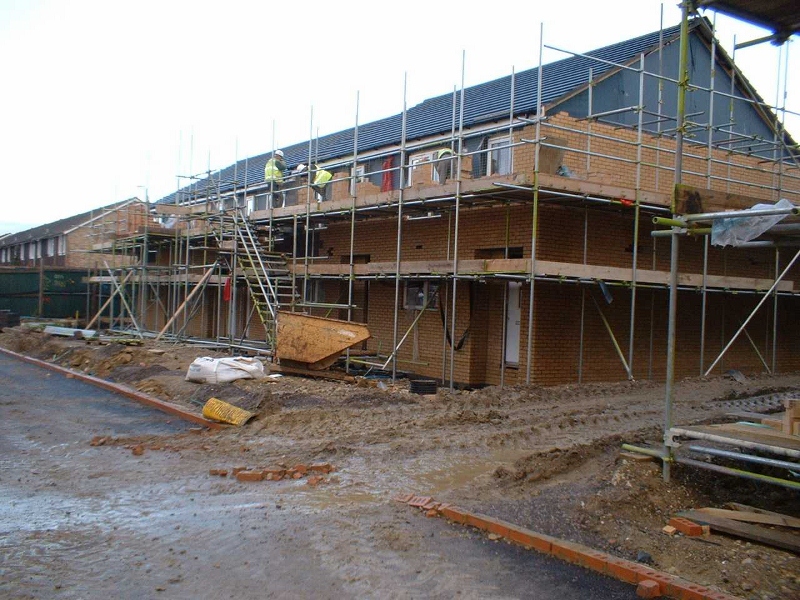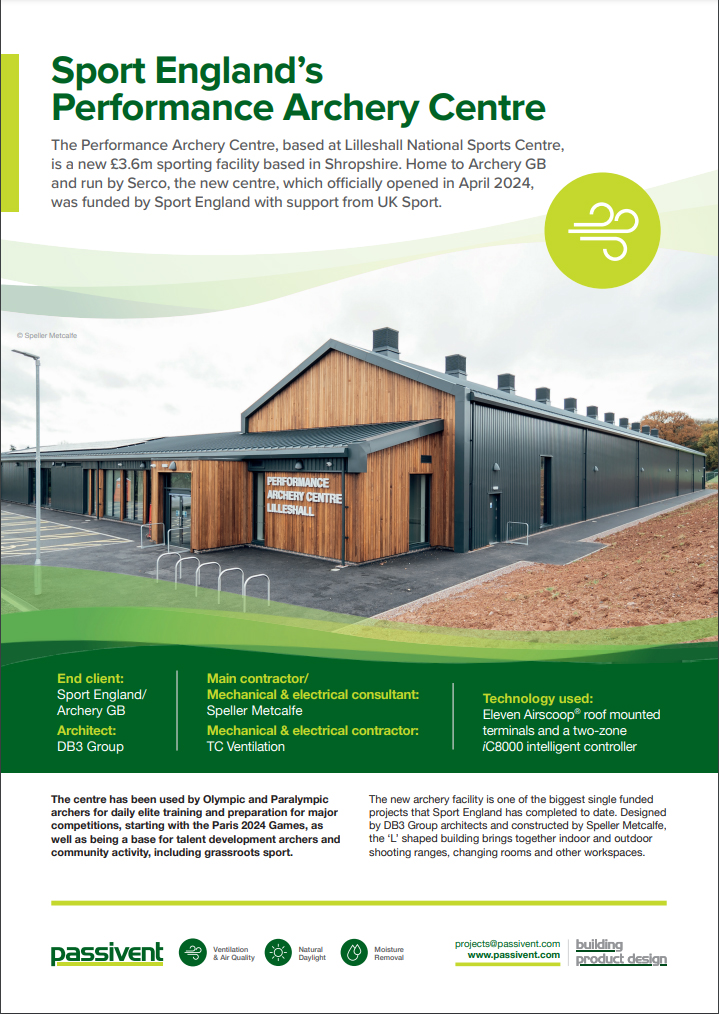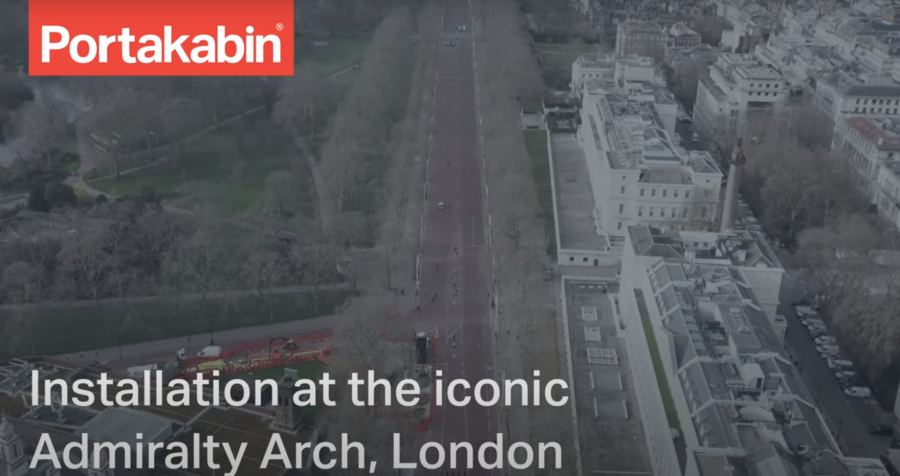A properly funded, ambitious programme to insulate homes and swap gas
boilers for low-carbon heating sources, such as heat pumps, could deliver huge
economic and social benefits, a new report published by Greenpeace UK has found.
Up to 138,600 new jobs could be created and the economy boosted by £9.8bn by
2030 if the government was to deliver a strategy for decarbonising homes that
significantly increased the deployment of heat pumps and energy efficiency
measures, with grants to cover the costs.
These findings come ahead of the publication of the government’s Heat and
Buildings Strategy and Spending Review, which are expected to set out plans for
decarbonising homes and buildings, and the finances made available to do it
next month.
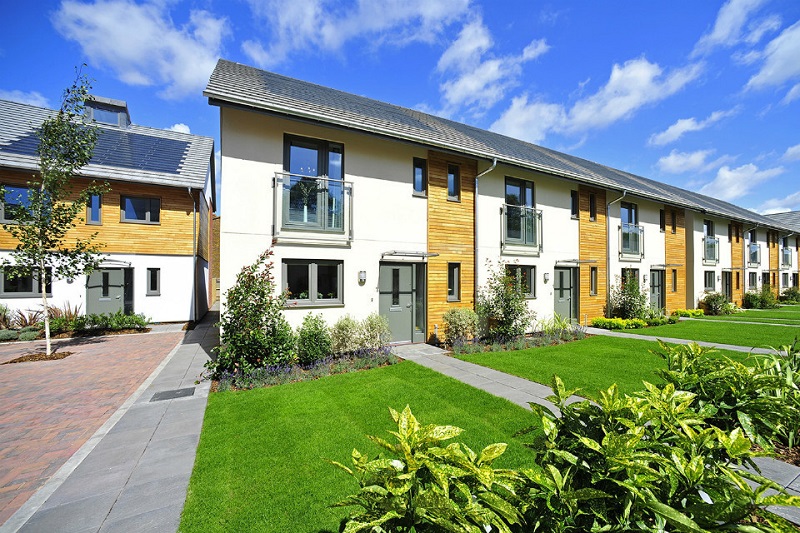
The report and analysis – which was produced by Cambridge Econometrics on behalf
of Greenpeace UK – used macroeconomic modelling to assess the impact of three
housing decarbonisation scenarios. The central scenario, taken from the Climate
Change Committee’s (CCC) central pathway for delivering net zero, aims to
install just over one million heat pumps per year by 2030 and upgrade all
buildings to EPC C standards within the next 10-15 years.
The other two scenarios were also based on the CCC’s pathway but one used
the government’s current, less ambitious plans to install just 600,000 heat
pumps per year by 2028. The other had the cost of heat pump installations
rapidly falling to £5,500 in line with industry estimates.
The analysis found that all three scenarios would provide a significant
boost to the economy, both in terms of job creation and GDP. However, the
greatest benefits would come from the more ambitious rollout of low-carbon
heating technologies and energy efficiency.
The modelling showed the government’s current, less ambitious plans would
add £3.9bn to the economy and provide 71,500 new jobs by 2030, whereas the
scenario based on the CCC’s pathway, which sees significantly more heat pumps
installed, would inject £4.8bn into the economy and create 84,700 new jobs by
the same year. The scenario in which heat pump installation costs are lower
would boost the economy by £5bn but create slightly fewer new jobs at 83,400 by
2030.
In all three scenarios the analysis assumed that the government will provide
£4,000 grants for households to install heat pumps over the first three years,
with grants then falling over time to ensure the cost of installing a heat pump
matched that of replacing a gas boiler. It also assumed that the government
will cover 45% of energy efficiency improvement costs.
The report also looked at alternative funding models. One of these, in which
the government provides no extra investment leaving all households to pay the
full cost of upgrades and clean heating installations, delivered far less in
terms of economic benefits. GDP increased by just £0.2bn by 2030 and job
creation was less than half of even the worst outcome under the partially
funded scenario, with just 34,700 new jobs created.
Although notably it shows that greening homes is a substantial net job
creator, mostly in construction and manufacturing, even without government
support because of money flowing towards manufacturing and construction rather
than utilities and fossil fuel extraction.
The final funding model saw the government fully fund the installation of
heat pumps and energy efficiency measures across the UK’s housing stock. This
provided the greatest economic gains by far. Such a scenario could provide a
£9.8bn economic boost in 2030 and create almost 140,000 new jobs.
While the range of scenarios and funding models all provided an economic
benefit, it’s clear that the greater the government’s investment, the better
the return, both in terms of jobs and economic growth.
In addition to the economic and environmental benefits that a programme to
sufficiently decarbonise housing would deliver, the report also highlighted a
wide range of social benefits that would come from greening the UK’s homes.
They include lower bills, reduced fuel poverty and a reduction in health
impacts related to cold homes, which currently cost the NHS up to £2bn a year.
Savings to the NHS from warmer homes could be up to £848mn annually.
Greenpeace UK’s policy director,
Doug Parr, said: “The simple fact is, the government’s
current plan to decarbonise homes won’t cut emissions enough to meet its own
legally binding climate commitments or tackle the climate crisis. A more
ambitious plan, which will sufficiently slash emissions from homes, could
create many thousands of new jobs right across the country and pump billions
into the economy. This should be music to the Prime Minister and Chancellor’s
ears.
“Rishi Sunak will be shooting himself in the foot if he fails to deliver the
required extra £12bn to green our homes next month. His reluctance to dig deep
in order to tackle the climate crisis will cost the UK economy much more in the
long run but he’d also be missing a trick when it comes to short-term economic
growth. It’s time to stop tinkering around the edges and get on with tackling
this crisis.”
Jon Stenning, associate director at
Cambridge Econometrics, said: “This analysis highlights
the substantial economic benefits that would result from a programme to
encourage the deployment of heat pumps and energy efficiency measures into
people’s homes. The government should take the opportunity presented by the
Comprehensive Spending Review to set out a clear long-term framework for
delivering these measures, which are an essential component in decarbonising
the UK economy.”
There are concerns that the government’s Heat and Buildings Strategy and
funding made available in next month’s Spending Review will fall short of what
is required to tackle emissions from housing and fail to capitalise on the
thousands of jobs that could be created and economic growth it could provide.
In order to maximise this significant economic opportunity Greenpeace UK is
calling on the government to deliver within its Heat and Buildings Strategy a
comprehensive package of grants, loans and tax incentives that would see the
deployment of heat pumps rapidly ramped up this decade, covering the full cost
for low-income households. As well as a commitment to phasing out new gas
boiler installations early in 2030s. This must be delivered alongside a
fully-funded programme to properly insulate our homes.
Rishi Sunak must commit to an extra £12bn of public investment to green our
homes in the upcoming Spending Review. Failure to deliver this level of
investment, on top of existing commitments, will result in a missed opportunity
economically, and result in the government failing to deliver the warm housing
revolution that the UK desperately needs.
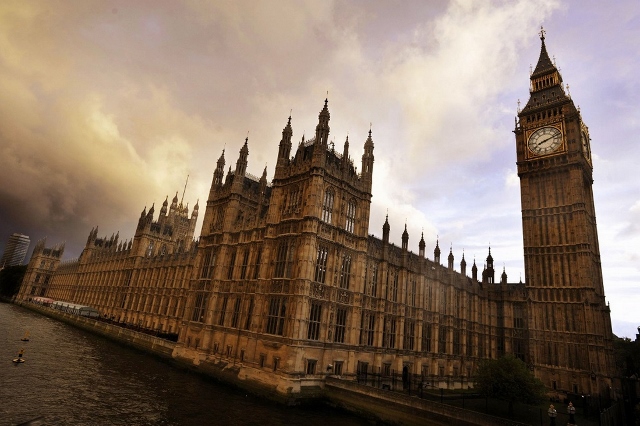
Cllr David Renard, Local Government Association housing spokesperson, said: “This
report highlights the significant social and economic benefits decarbonising
homes and buildings can bring.
“Councils stand ready to play their part in delivering green
improvements and tackling climate change. However they face challenges with the
competitive, short-term nature of grant funding, which requires councils to
have sufficient staffing and capacity to apply.
“Providing long-term funding would better enable councils
to help achieve our national net zero ambitions, supported by giving councils
the flexibility to set energy efficiency standards above the current Building
Regulation Standards.
“Our own analysis found that to achieve net
zero by 2050, nearly 28 million homes will need to change how they use energy
through methods such as heating systems that produce next to no greenhouse
emissions. This will require local leadership where councils as democratic
organisations can ensure that the benefits are felt by all.
“The Spending Review needs to provide
councils with the tools, powers and flexibilities that they need to
improve quality standards and decarbonise heat in existing and new build homes,
as well as establish a national framework involving central and local
government, and businesses, to address the climate emergency.”









